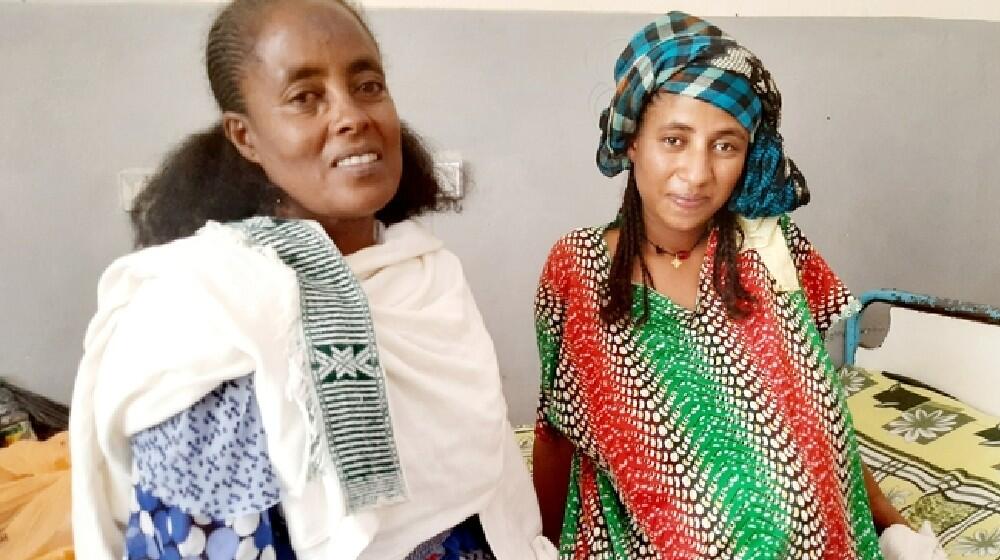Ethiopia
Conflict, climate shocks and disease outbreaks are driving humanitarian needs in Ethiopia. More than 21 million people require urgent assistance, including 4.5 million people who are internally displaced.
The El Niño-induced drought, which has hit northern, central and southern Ethiopia, is ravaging communities and driving a hunger crisis. Around 350,000 pregnant and breastfeeding women will suffer from malnutrition in 2024, robbing them and their newborns of health and potentially even life.
Protection risks for women and girls remain high across the country as overlapping crises converge. In a context where widespread sexual and gender-based violence has already destroyed so many lives, hunger could increase reliance on desperate coping mechanisms. More than 7 million women and girls are in need of gender-based violence prevention and response services in 2024.
Localized fighting – including a two-year war in northern Ethiopia – has destroyed health infrastructure, disrupted the delivery of basic health services and displaced health workers, limiting women and girls’ access to essential reproductive health services. The country is also dealing with outbreaks of cholera, measles, dengue fever, and malaria.
UNFPA is on the ground in 12 regions of Ethiopia, working with partners to prioritize the provision of life-saving reproductive health and protection services, including through mobile teams. Essential medicines, equipment and supplies have been distributed to facilities and hospitals, including for safe births, emergency obstetric care and the clinical management of rape. Ambulances have also been procured to strengthen referral systems.
In 2024, UNFPA is appealing for $45 million to respond to women and girls’ reproductive health and protection needs.
Updated on 16 April 2024
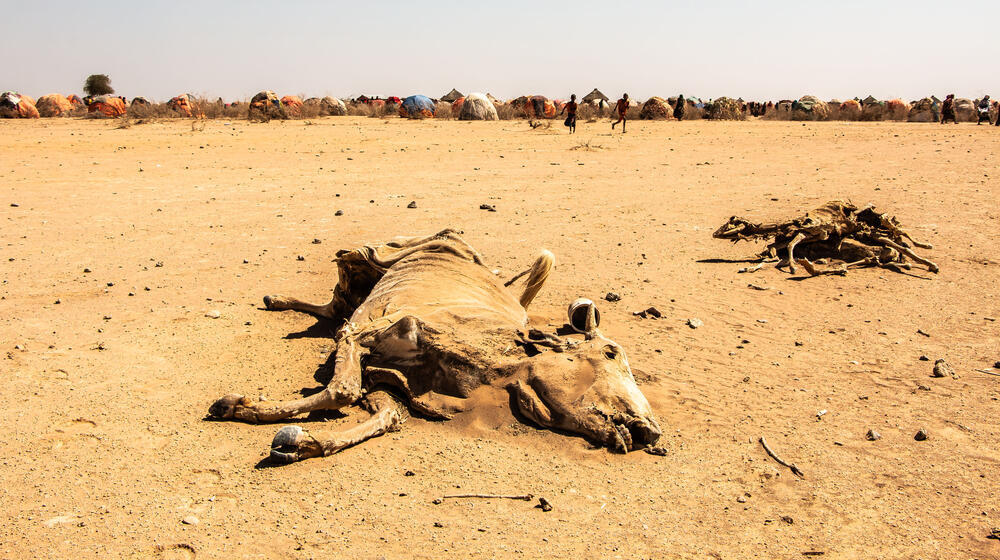
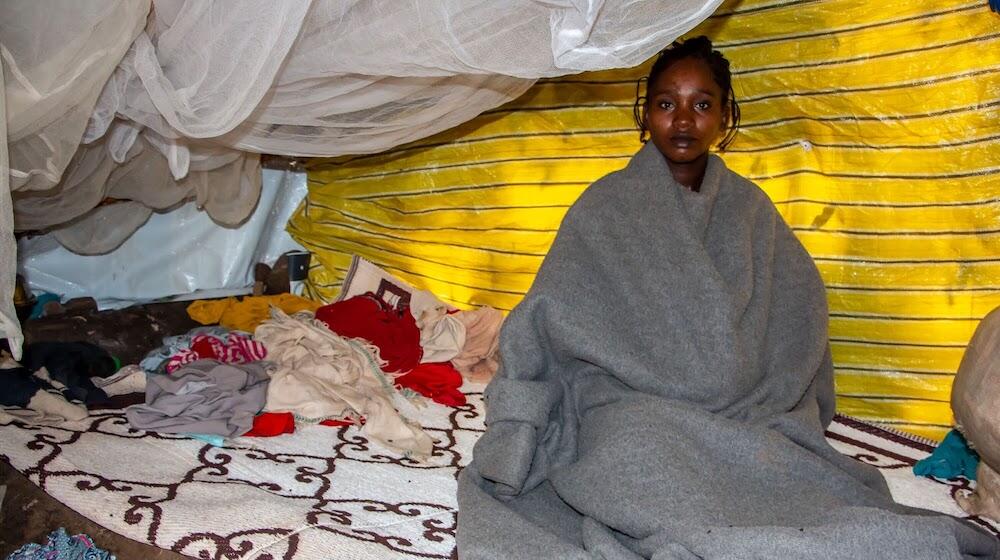
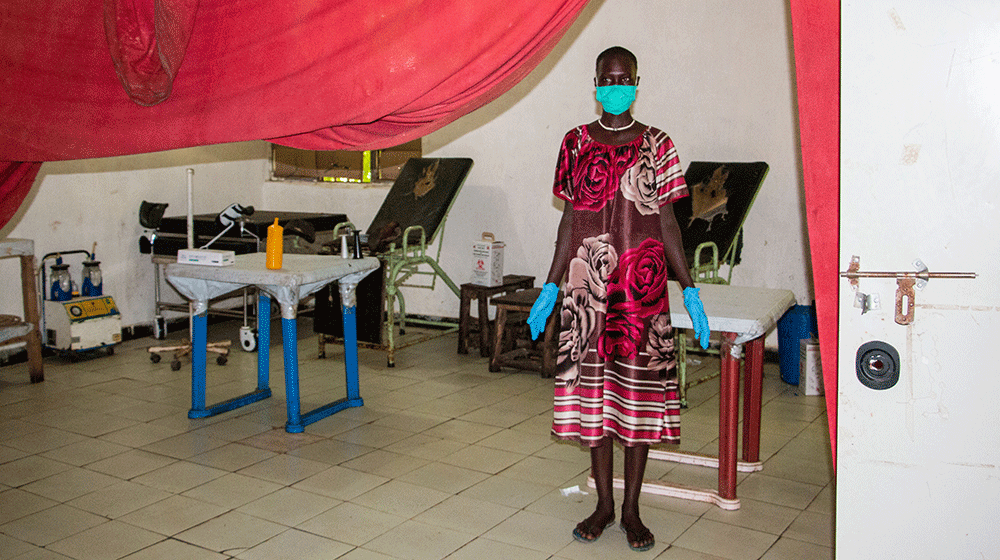
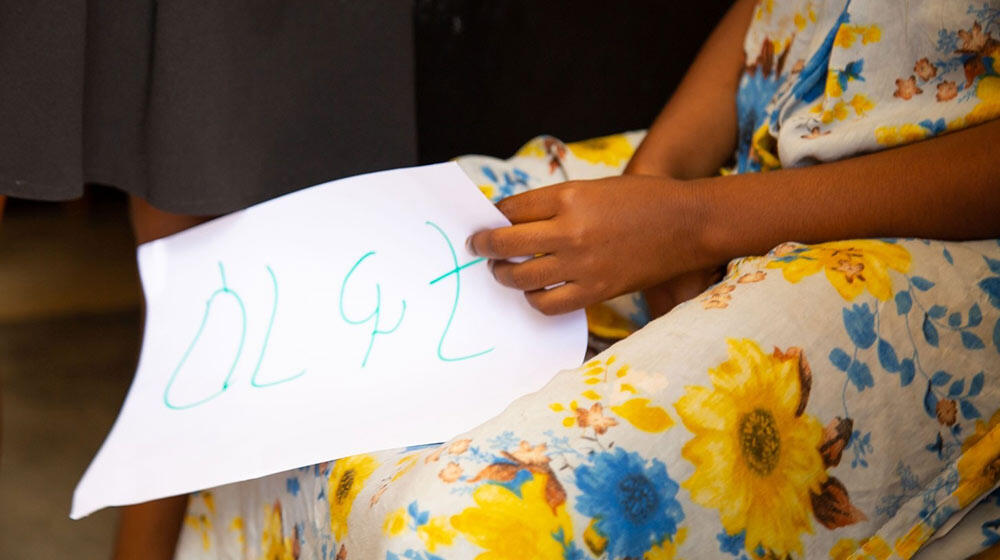

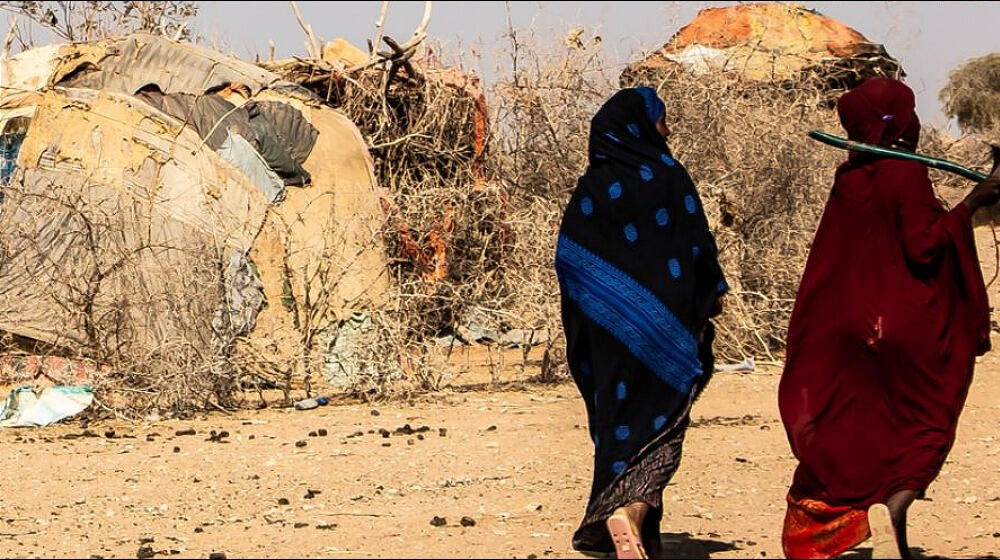
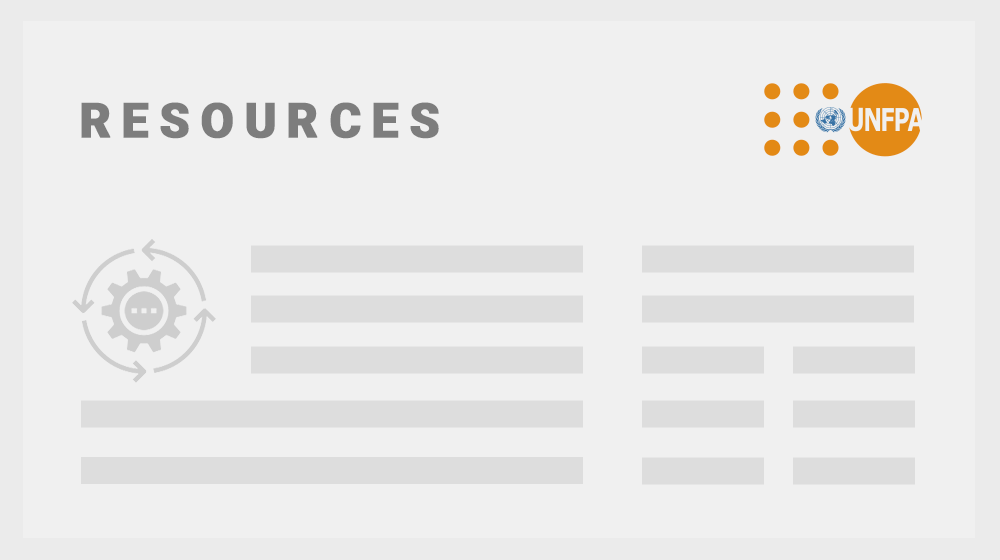
.jpg)
